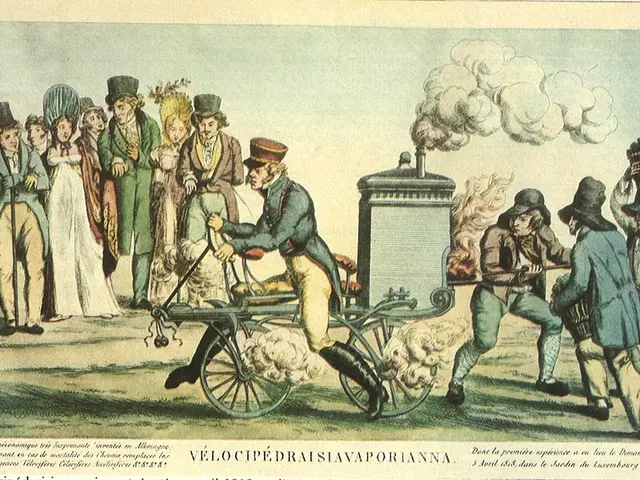Achieving a Balanced Lifestyle and Career doesn't Lead to Affluence - Acknowledged. Here's the paraphrased version:
CDU Secretary General Urges Citizens to Boost Productivity for Prosperity
In a discussion with the Redaktionsnetzwerk Deutschland (RND) on Sunday, CDU Secretary General Carsten Linnemann emphasized the importance of productivity for the nation's prosperity. He suggested that the current focus on work-life balance may sometimes veer towards life-centric pursuits.
Linnemann further explained that the federal government is considering various measures to increase productivity, such as the possibility of an "active pension" or flexibilization of working hours, particularly beneficial for families with children or dependents. He emphasized the necessity for young people to acquire trades through apprenticeships.
A survey by market research institute Ipsos on Friday revealed a divided opinion among Germans regarding flexible working hours. Forty-six percent advocate for a weekly maximum working time in place of the current daily limit. The skepticism stems from the disparity between the public's daily experiences and Linnemann's work-life perception. While Germany's total working hours are slightly lower than some industrial nations, this is partially due to factors like part-time work among women and a high volume of overtime hours, approximately one billion annually, with around half unpaid.
While the government's proposal to replace the daily eight-hour work limit with a weekly maximum working time framework is the core of the productivity and flexibility boost, additional measures are planned. These include tax-free overtime supplements, electronic time recording, encouragement of flexible work arrangements, and digitalization of co-determination processes. The aim is to create a more adaptable working environment that caters to modern workforce needs while ensuring productivity and compliance with EU labor standards.
- CDU Secretary General Carsten Linnemann proposes the reinforcement of community and employment policies to enhance productivity, perhaps including vocational training initiatives, as part of his strategy for national prosperity.
- Linnemann's view on work-life balance has sparked debate, with several Germans advocating for a weekly maximum work policy in a survey by Ipsos, highlighting policy-and-legislation and general-news discussions.
- Amidst the promise of tax-free overtime supplements, electronic time recording, and digitalization of co-determination processes, the implementation of flexible work arrangements is seen as a means to foster workplace-wellness and health-and-wellness, following in the footsteps of science and business trends.
- The aforementioned proposals for policy changes seek to promote productivity while adhering to EU labor standards, shedding light on the intersection of politics, finance, and policy-and-legislation, impacting the future economic landscape of the nation.








